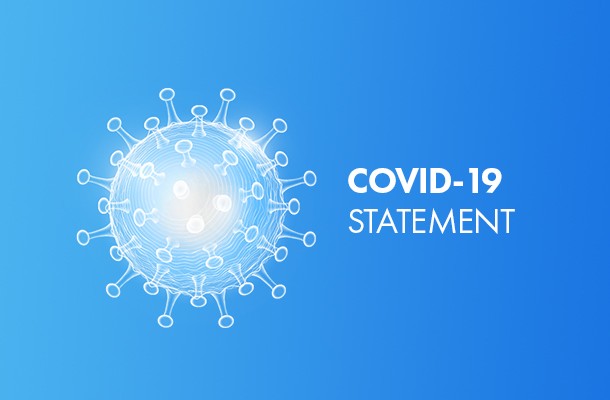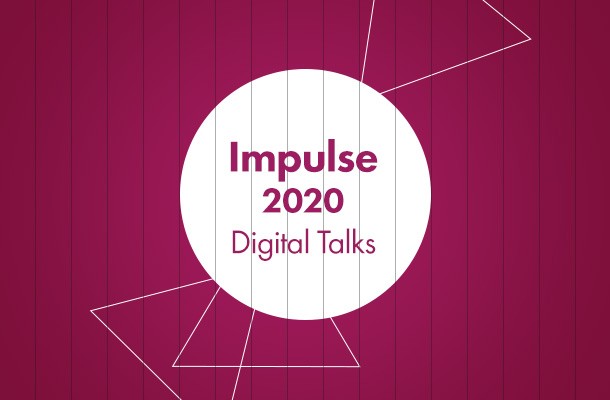In a nutshell
In order to foresee the ripple effect of the global health crisis on the marketing industry and how agencies and clients should respond to the crisis challenges, The Drum has spoken to agencies across China and the Asia Pacific region. Some industry sources predicted a fall of advertising growth rates in China, based on seeing a slower performance on ad spend growth in 2019, yet, sources now predict e-commerce advertising spend to grow by 17.7% and social media spending to rise by 22.2%.
A recent survey in China, where the outbreak of COVID-19 originated, with 155 business leaders conducted by the agency Dentsu found that 47% said sales had been significantly affected by the outbreak of coronavirus, but at this stage only 7% said they had fully stopped ad spend. Since people spend more time at home this period, 14% of brands decided to repurpose their marketing budget from offline to online media and 22% said they altered the creative and regional focus due to the crisis. Most strategic shifts are made for the short or near-term, while only 9% said they had changed long-term plans.
The 2002 SARS outbreak – the same virus as COVID-19 that also originating in China –lasted from November 2002 to July 2003, when the World Health Organisation (WHO) announced it has been contained. During this period retail sales dropped slightly and were hit hardest when the number of cases peaked, however, the key turning point in economic activity was when the WHO announced SARS was contained; at this point demand returned to a normal level and even grew.

What does this mean?
“Some of our clients have noticed a drop in visits and engagement (lower clicks, traffic and conversions), although not at an alarming rate. In our experience, due to caution, most companies will cut down their digital budgets. First of all, we must not forget that this situation is a humanitarian issue. Therefore, businesses need to be sensitive, act responsibly and show understanding in order to avoid reputational damage. All content should be in line with the changing context and customer sentiment. Brands that take a utility approach will better connect with their audience. Most importantly, brands should respond authentically in accordance with their brand positioning, values and tone of voice.” says Kara5’s CEO Vojdan Karapetkovski.
“There is an evident tendency that digital advertising gets cheaper during crises. For instance, Google, Facebook and similar platforms function like auctions, the more companies bid for placing ads for the same target audience, the higher the price, i.e. the price of the ads reflects the demand. The coronavirus crisis led to a significant drop in advertising, which reduced the demand and in turn lowered the CPC and CPM. We can notice that the prices go down in most segments, even more than 20% in some cases. When the crisis settles down, it is fully possible that the demand remains low together with the prices. However, another scenario is also possible - businesses may be willing to compensate, which will result in increased demand and higher prices.”
“Past crises have shown us that businesses that smartly adjust their marketing efforts during recessionary times are the ones who come out on top, when matters de-escalate."
“Speaking to peers from the industry it seems at present the only companies to be significantly cutting their budget are those most seriously impacted – namely travel. In many markets, including the DACH region it is expected COVID-19 cases will increase over the next few weeks leading to greater restrictions on movement which will in turn impact purchasing, so we can expect search volumes and conversions to continue to decline in most categories. The seismic shifts that seem to be happening are around e-commerce and emerging digital platforms for the distribution of products and services.”
Our recommendations for companies are to:
• Explore the opportunities offered by online commerce and open up your business to new consumers – The fastest brands to switch to online selling will take over the customers from their competitors and increase their sales.
• Adapt your communication to the context. Brands that provide real value for their audience during this crisis period will win the hearts and minds of consumers on the longer-term.
• Analyze the digital channels that best resonate with your target audience such as ecommerce and social media platforms. Switching from offline to the right online channels will help your business cope better during this period of social distancing.
• Reap benefits from the lower costs of digital advertising. Due to the lower demand for ads on Google, Facebook and other similar platforms, the ad cost has dramatically decreased, what presents an opportunity to reach your target audience with lower marketing budget.
• Define the most important KPIs and review them daily for signs of declining consumer demand.
• Create an action plan based on the KPIs (increasing/decreasing spending, re-calculating the budget, changing the timing of the marketing activities etc.) and avoid unnecessary delays.
• Make sure that your website or web shop is mobile-friendly, optimized for search engines and offers a good user experience. By ensuring that your website looks good across all devices and being easy to find for customers that seek your products or services, your brand will stand out from the competition.
"Use the free time to review your corporate website and make sure that your company is well presented. Since managers often complain they have no time to work on their website and update the content regularly due to the work overload, now is the right period to use the spare time to revise your website content and present your brand in the best light possible."




